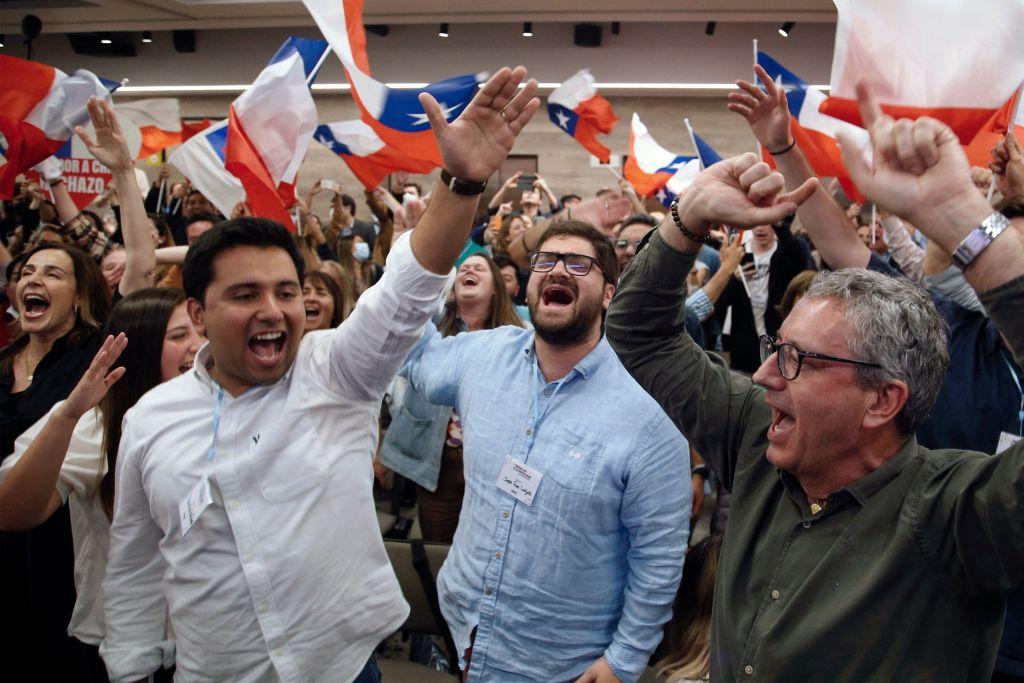Commentary
On Sept. 4, 62 percent of Chilean voters rejected a referendum proposing a new socialist Constitution for their nation. Its failure was a sound rejection by the people of radical leftist policies based on identity politics, radical environmentalism and, more broadly speaking, the disregard of fundamental rights to life, liberty, and property.





